For our last survey, we drove to Ireland a second time. So far we had been mainly to Dublin and its surrounding area, so we were quite curious about what we could learn from interviews and discussions in another part of the country. We travelled to a city in the west of Ireland which, for the sake of anonymity, we will call W-Town here.
We perceived the city as a manageable though pleasant, busy place with lots of greenery and nice cafes. As we were located on a park-like campus on the outskirts of town, we regularly passed various corners of the city on our way to appointments and back home. As in many cities, privileged and disadvantaged neighbourhoods alternate in W-Town.
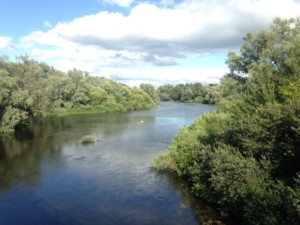


First stop: Private Charity
We began our interviews in W-Town with a group of people who privately collect and distribute food donations. First of all, we met in a café located in the corner of a large, home-style hardware store. For this, we had to drive almost an hour by bus. On arrival, we orientated ourselves briefly and then received the two contact persons with whom we had agreed on the meeting place. These were two older, very agile women who run a privately organized charity. In a nearby warehouse – which was also the reason why the meeting took place in the household goods store – they would receive food donations once a week, sort them with the help of volunteers and forward them to institutions that either cook the food or distribute it to the needy. In addition, it turned out that all those involved had some sort of caring relationship with well-known families, who had got into difficulties as a result of the recession and are currently happy to accept smaller donations. They would put a few bags of food donations in the driveway to the house for these families. As reports on this practice have shown, anonymity is very a important issue for aid recipients. Nobody should know that they are in need. That’s also why only one person in this group was willing to talk to us. Personal shame plays a great role in this context. In the end, we conducted several group interviews and several expert interviews as well a group discussion with volunteers and a one-on-one talk with a recipient of a private charity.
As we have been in contact with institutionalized organizations in our surveys so far and have interviewed people who use these organizations, we were able to become acquainted with a completely new form of help: help that works through private networks and without official promotion, permanent employees or office. This can be viewed as an exciting addition to our research.
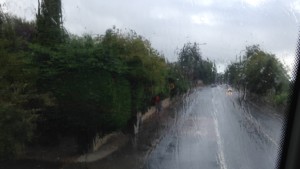

Second contact point: Community Centre
Our second stop was at one of the many community centres distributed over the whole city. The contact had been made on the day before, by one of the women of the private charity. She knew the institution as one of the recipients of the food donations and therefore agreed to organize our summons by telephone.

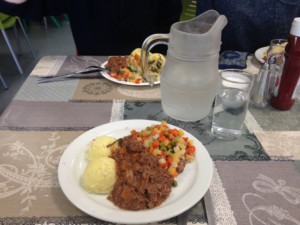
When we first arrived at the centre, it was lunchtime. Since none of the people who expected our arrival were present, we spontaneously decided to eat in the adjacent cafeteria, which offers reasonably priced meals and is open to all. We were kindly received by the people at the food distribution. As we sat down, we quickly entered into a conversation with some people. It became clear that as soon as they heard of our research interests, they distanced themselves from the idea of being poor or needy.
This was reflected once again in the group discussion which we had on the first day in the facility. Participants repeatedly refrained from being considered poor, even though the reports on their childhood and general life circumstances made it clear that they grew up in an atmosphere of resignation. We visited the Community Centre a second time and conducted more individual interviews with people who provided us with our contact person.
Third point of contact: homeless aid
During the second week of our stay, we were given the opportunity to conduct our surveys at a facility that cares for the homeless and long-term unemployed. As part of an Ireland-wide organisation, it offers not only urgent assistance but also long-term arrangement of apartments, further education and jobs. In the course of our five appointments, we got to know some of the facilities and offices of the facility which are distributed throughout the city. There, we always met with very courteous staff and people who were ready to take the offered help. The latter were also very open-minded and happy to talk to us.
After an initial process of rapprochement, we had a group discussion and six individual interviews at different locations. Sometimes people had come a long way to the appointment, sometimes they lived near the offices. The staff of the facility assisted us with the recruitment, explaining the project to the interviewees and supporting us in organizing the actual discussions. This helped to eliminate some initial skepticism as well as uncertainties. As in the case of the other places we had visited before, it turned out that without the support of these gatekeepers, access to those in need is very difficult due to environmental limitations. Thus, we are deeply grateful to the team!
Translation: Charlotte Nate
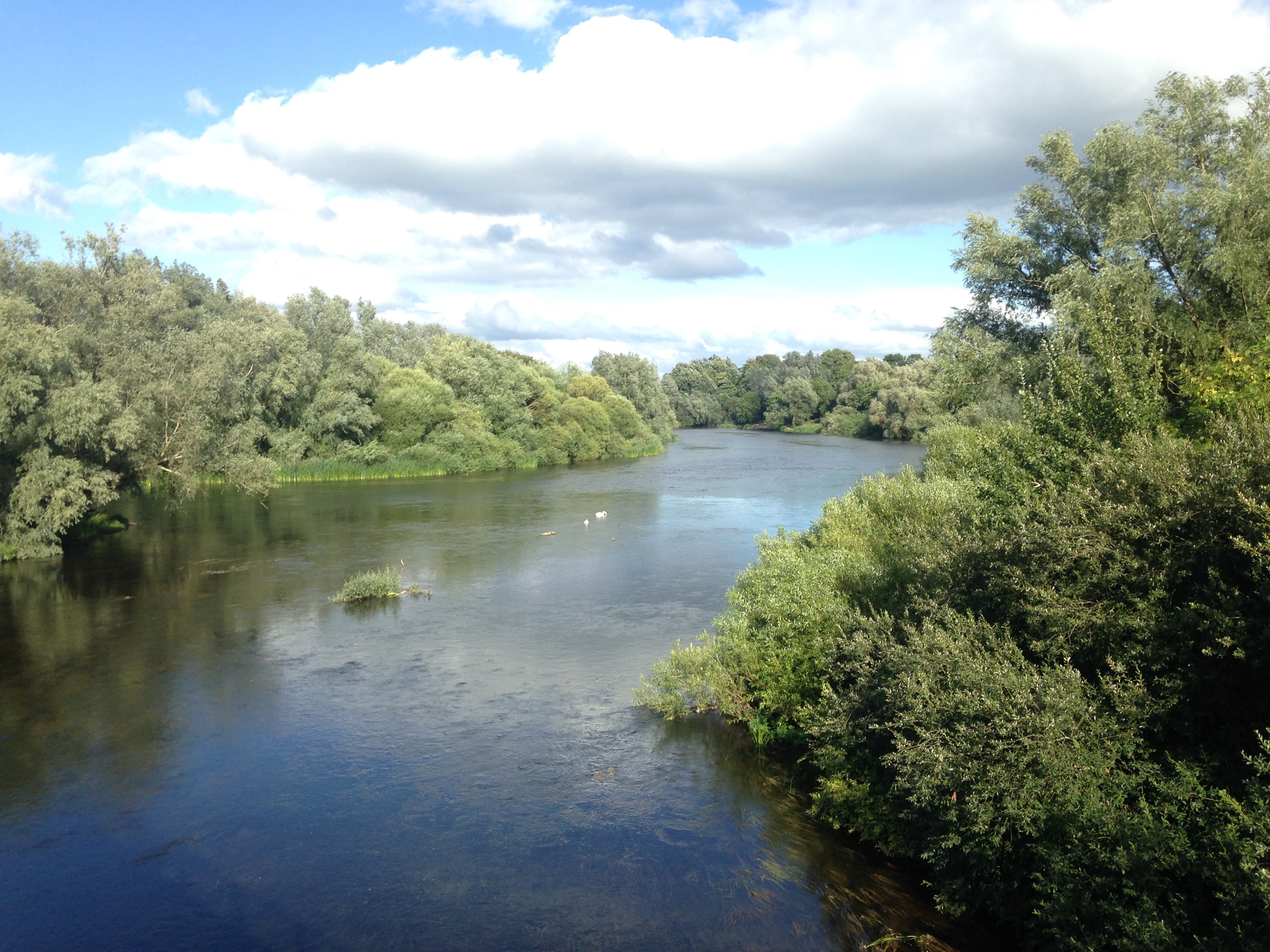
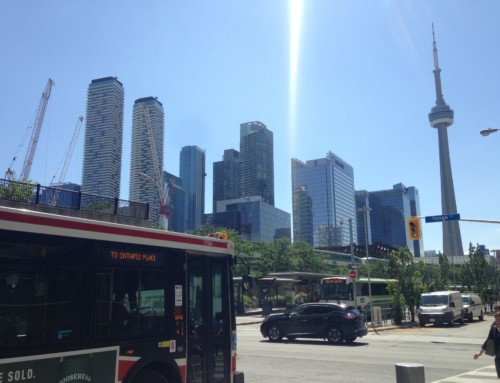
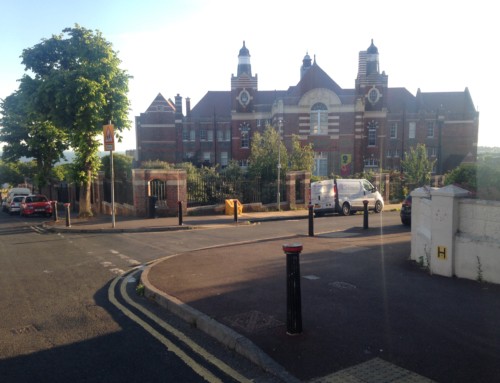
Leave A Comment